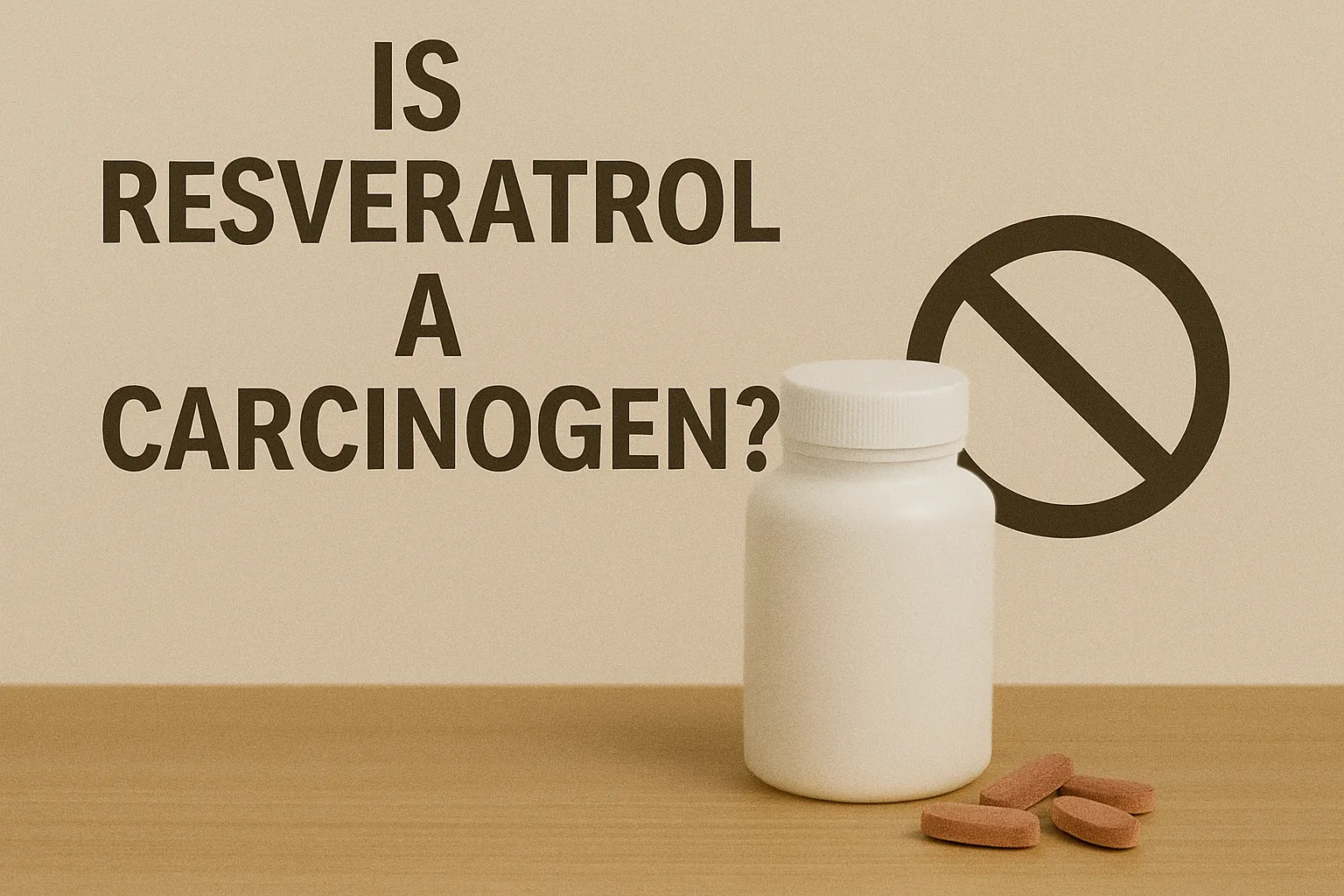Is resveratrol a carcinogen?
Resveratrol is not a carcinogen. On the contrary, it is a natural compound found in grapes, red wine, and berries that is known for its antioxidant and anti-inflammatory properties. Many scientific studies suggest that resveratrol may have cancer-preventive potential rather than posing a cancer risk.
Understanding Resveratrol’s Role in Cancer Prevention
Resveratrol has been studied for its ability to inhibit cancer cell growth, induce apoptosis (cell death) in cancer cells, and block the spread of tumors. These benefits are attributed to its powerful antioxidant action, which helps neutralize free radicals and reduce oxidative stress in the body.
What Does the Research Say?
According to research published in medical journals, resveratrol may aid in the prevention of certain types of cancer including breast, colon, and prostate cancer. However, while promising, most of the evidence comes from lab or animal studies, and more human trials are needed.
Can Resveratrol Be Harmful?
At normal dietary or supplement levels, resveratrol is considered safe. High doses may interact with medications or cause mild side effects such as nausea or diarrhea, but it has not been shown to be carcinogenic in any form.

